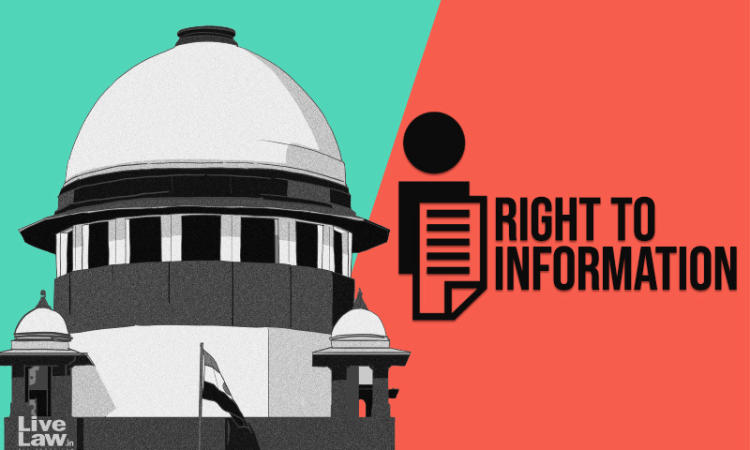Supreme Court Soon To Have Online Portal For Filing RTI Applications and First Appeals
Sohini Chowdhury
25 Sept 2022 6:52 PM IST

Next Story
25 Sept 2022 6:52 PM IST
During the course of hearing a plea seeking mechanism to set up an online portal for the Supreme Court for e-filing Right to Information (RTI) applications and first appeals, on Friday, Supreme Court Judge, Justice Chandrachud, who is also the Chairperson of the E-Committee of the Apex Court, on Friday, indicated that the online RTI portal is almost ready. He noted that the public...
